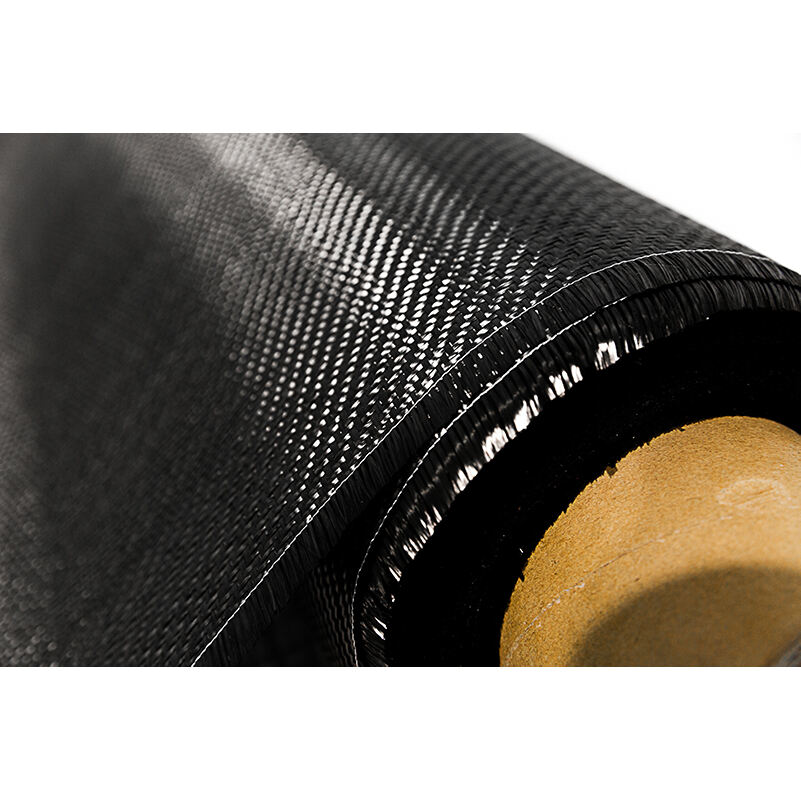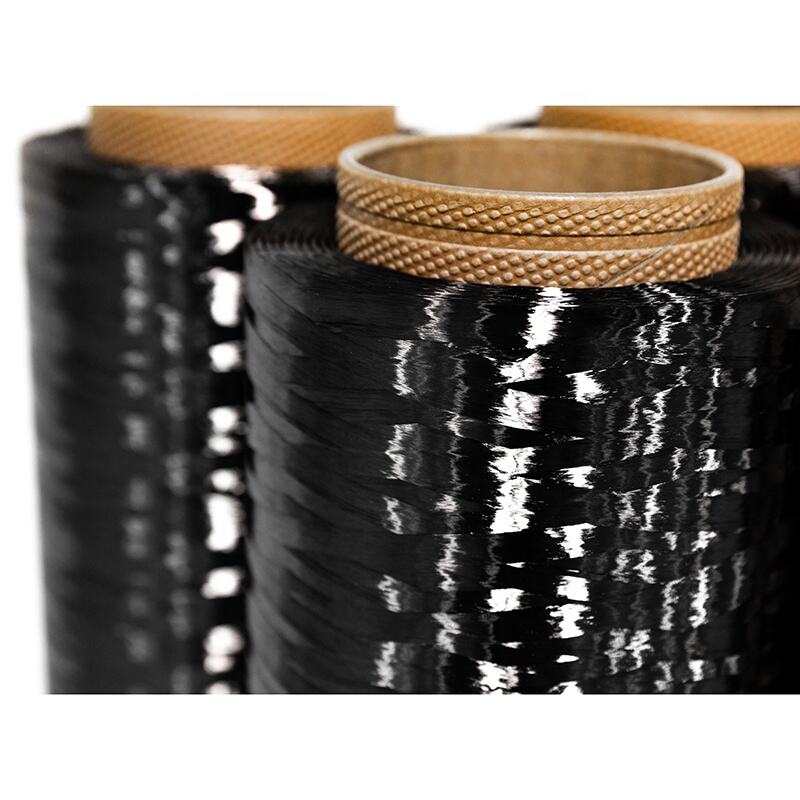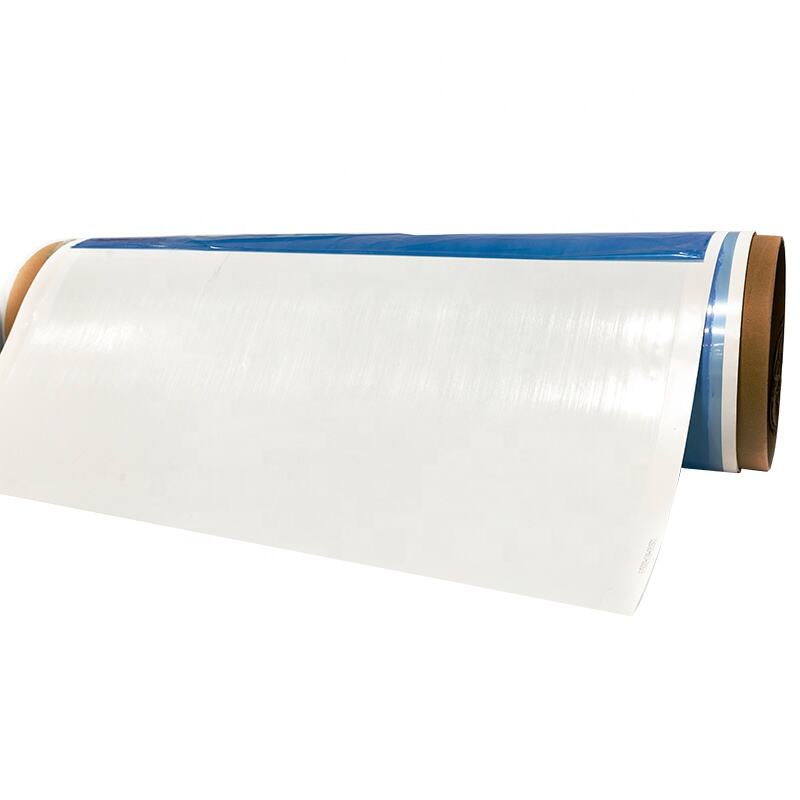carbon fiber composite material
Carbon fiber composite material represents a groundbreaking advancement in modern engineering, combining exceptional strength with remarkably low weight. This innovative material consists of carbon fibers embedded within a polymer matrix, creating a versatile and robust material solution. The carbon fibers provide incredible tensile strength and stiffness, while the matrix material ensures proper fiber alignment and load distribution. The resulting composite exhibits an impressive strength-to-weight ratio that surpasses traditional materials like steel and aluminum. In manufacturing, carbon fiber composites are typically produced through carefully controlled processes including lay-up, autoclave curing, or resin transfer molding. These materials find extensive applications across various industries, from aerospace and automotive to sporting goods and construction. In aerospace applications, carbon fiber composites enable the creation of lighter aircraft components, resulting in improved fuel efficiency and reduced emissions. The automotive industry utilizes these materials for body panels, chassis components, and structural elements to enhance vehicle performance and fuel economy. Beyond transportation, carbon fiber composites have revolutionized sports equipment manufacturing, enabling the production of lighter, stronger equipment that enhances athletic performance. The material's corrosion resistance and durability make it ideal for infrastructure applications, particularly in bridge construction and building reinforcement.


